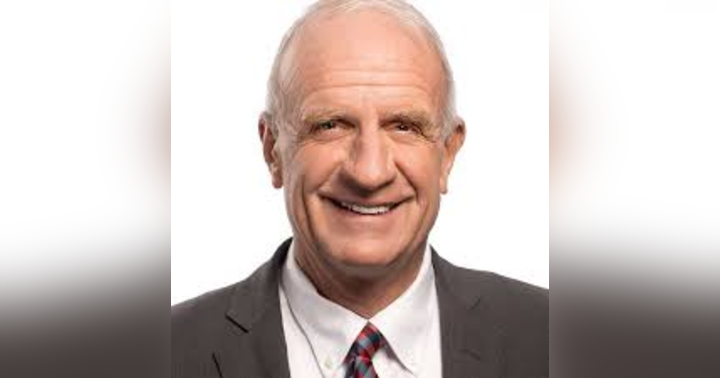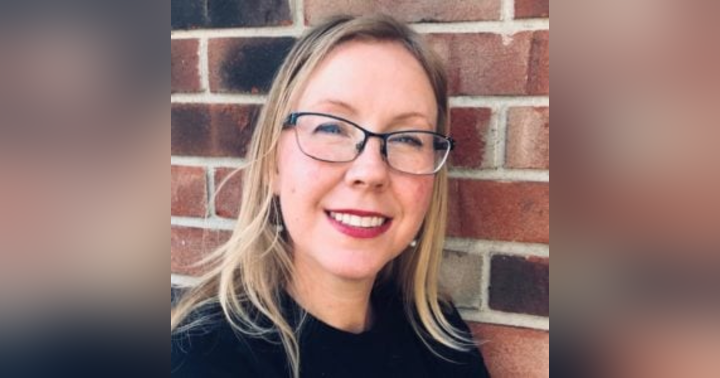A Reflection on Racism and Change

To Be and Do Podcast: – A Reflection on Racism and Change
In the latest episode of the To Be and Do podcast, host Phil Amerson delivers a thoughtful, honest, and sometimes impassioned reflection on the current state of racism in America. Drawing on decades of personal experience, academic study, and real-world engagement, Phil explores why racism persists, critiques both institutional and cultural responses, and offers hope for meaningful change rooted in genuine human connection. Here are the three key takeaways from the episode:
1. Racism Is More Than Attitudes—It’s Behavioral, Institutional, and Cultural
Phil begins by challenging the commonly held view that racism is solely about personal prejudice or bigotry. Through his experiences and research going back to his graduate studies at Emory University, he explains that racism operates on multiple levels: attitudinal, behavioral, institutional, and cultural. It’s not just what individuals think or feel, but how they act, how organizations and systems exclude, and how entire cultures rationalize and perpetuate division. He draws a clear line from the ruling in Brown v. Board of Education through subsequent decades, highlighting how resistance to integration shows up in institutional practices like the creation of “white academies.” Today, he says, the backlash against DEI (“diversity, equity, and inclusion”), critical race theory, and so-called “wokeism” reflects deep cultural anxieties over the country’s multicultural future.
2. Change Requires More Than Talking—It Takes Real Engagement
A major theme of this episode is that sermons, classes, and even spirited discussions—while important—do little to shift entrenched racist attitudes. Instead, Phil shares results from his extensive work through Project Understanding, demonstrating that hearts and minds change most when people of diverse backgrounds work and experience life together. He tells compelling stories, such as groups in DuPage County performing housing tests—and then coming together for meals to discuss their very different experiences—or church women in South Bend sitting in welfare offices, moving from suspicion to advocacy as they listened deeply to people’s stories. “Get people to work together to face the realities of discrimination, and then you begin to see change,” Phil asserts.
3. The Church (and Society) Must Move Beyond Words to Action
Phil doesn’t shy away from critiquing his own faith community. He argues that many churches “talk a good game” about inclusivity yet fail to enact real transformation. After tragedies like George Floyd’s murder, churches often default to book clubs, webinars, or more preaching—remaining largely segregated and insulated. The call to action is clear: real change happens when congregations and individuals build authentic, ongoing relationships with people different from themselves, learn from one another, and confront the systems that maintain inequality. Phil’s optimism shines through: he believes justice will find its voice and that new, honest, inclusive communities can and will emerge.
Conclusion:
This episode is an invitation to move from comfortable conversations and symbolic gestures to real, sometimes uncomfortable, but utterly necessary personal and collective action. Phil’s candid storytelling and deep experience offer listeners both the challenge and the hope that, through honest engagement and connection, we truly can build a more just and inclusive world.







